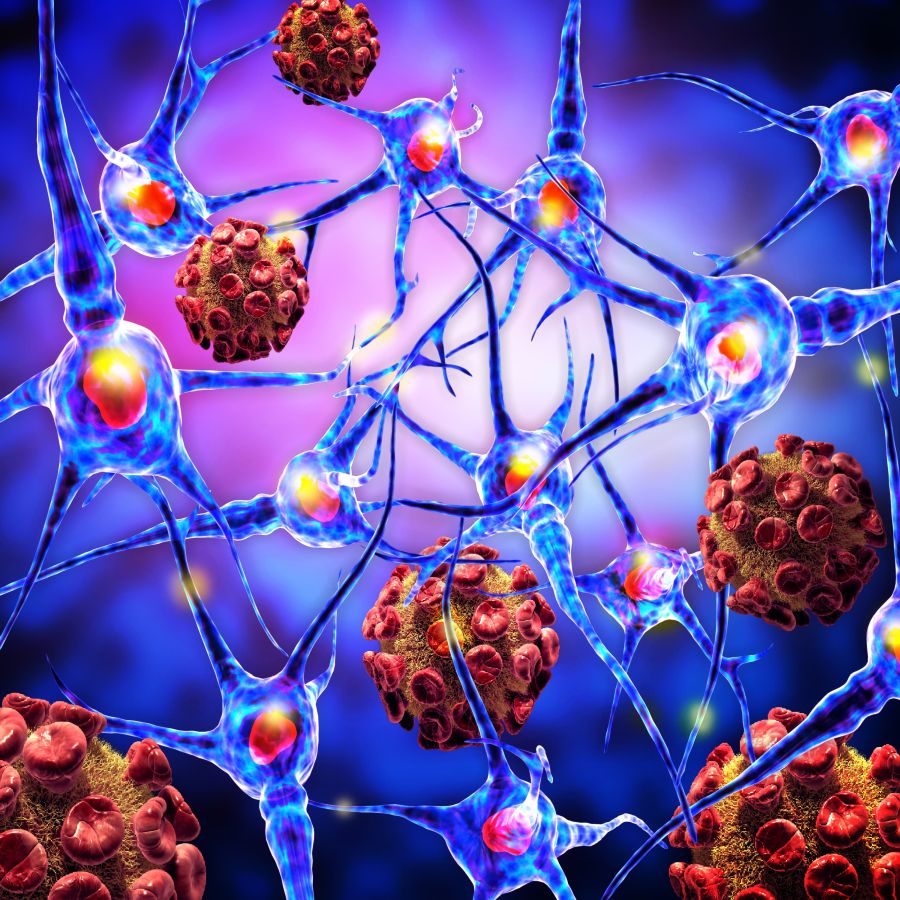Immunological laboratory tests
Why is laboratory testing important?
Laboratory tests can help identify or, where appropriate, rule out the underlying diseases.
However, it is important to highlight that the result of a laboratory test does not in itself constitute a diagnosis, only the results are included in the finding. You will receive the diagnosis, therapy or treatment recommendation from your specialist or treating physician who ordered the laboratory tests.
Contact your doctor with all laboratory test results.

Immunological tests
Immunological laboratory tests examine the functioning of the system that protects the body. The immune system normally tries to protect our body from viruses and bacteria that are foreign to it by distinguishing between “own” and “foreign” molecules (antigens) in our body. As a first step, it recognises these and then begins to produce antibodies. The levels of these antibodies can be measured during laboratory tests.
They can also be used to detect the causes of recurrent infections, immunodeficiency diseases, and autoimmune diseases.
Autoantibody tests
In autoimmune diseases, the body’s immune system produces antibodies against its own cells, tissues, organs and organ system. These are called autoantibodies. The diagnosis of autoimmune diseases is supported by the laboratory with autoantibody detection and special immunological laboratory tests.
Available laboratory tests
Testting of autoantibodies related to type 1 diabetes: ICA, GAD, IA2, ZnT8A, IAA
Acetylcholine Receptor (AChR) Antibody
ANCA
ANA Hep-2
ANA ANA ELISA
ANCA (pattern, titre, MPO, PR-3)
ANCA profile (MPO, PR-3, cathepsin, elastase, lactoferrin, BPI antibodies)
Anti-annexin V IgG antibodies
Anti-annexin V IgM antibodies
Anti-C1q antibody
anti-DNA antibodies
Antinuclear antibody profile IgG (immunoblot)
Phospholipid Antibodies (Cardiolipin, B2GPI)
AQP-4
Laboratory testing of inflammatory bowel diseases (ASCA IgA/IgG)
Autoantibodies to autoimmune skin disease
Autoimmune liver function
Beta-2 microglobulin (B2M)
C3 (Complement 3 factor)
C4 (Complement 4 factor)
CCP antibody
Cellular immune status (alloimmune)
CH50
EMA IgA/IgG (anti-endomysial antibodies)
ENA panel
Phosphatidylserine IgG antibodies
Phosphatidylserine IgM antibodies
Protein electrophoresis
GADA (Glutamate-decarboxylase antibody)
Ganglioside autoantibody profile (IgG/IgM)
Gliadin IgA/IgG
HLAB27
Hypersensitivity to mercaptans and thioethers
IgA, IgE, IgG, IgM
IgG subclasses
Immunofixation (paraprotein detection)
Anti-insulin antibody
Anti-adrenal cortex antibodies
MOG
NK lymphocyte function
Onconeural antibody profile
Prothrombin antibody
RANTES test, CCL5 chemokine determination
Rheumatoid factor (RF)
Rubeola immunity
Antisperm antibodies
Fecal Calprotectin
Fecal Pancreatic Elastase
Special allergy LTT test for dental metals, ceramics, and cement
Tissue Transglutaminase Antibody (IgG+IgA)
Tissue-specific autoantibodies (AMA, SMA, LKM, PCA, ARA, EAT)
TH1-TH2 cytokine dominance
Titanium sensitivity test
Zonulin

